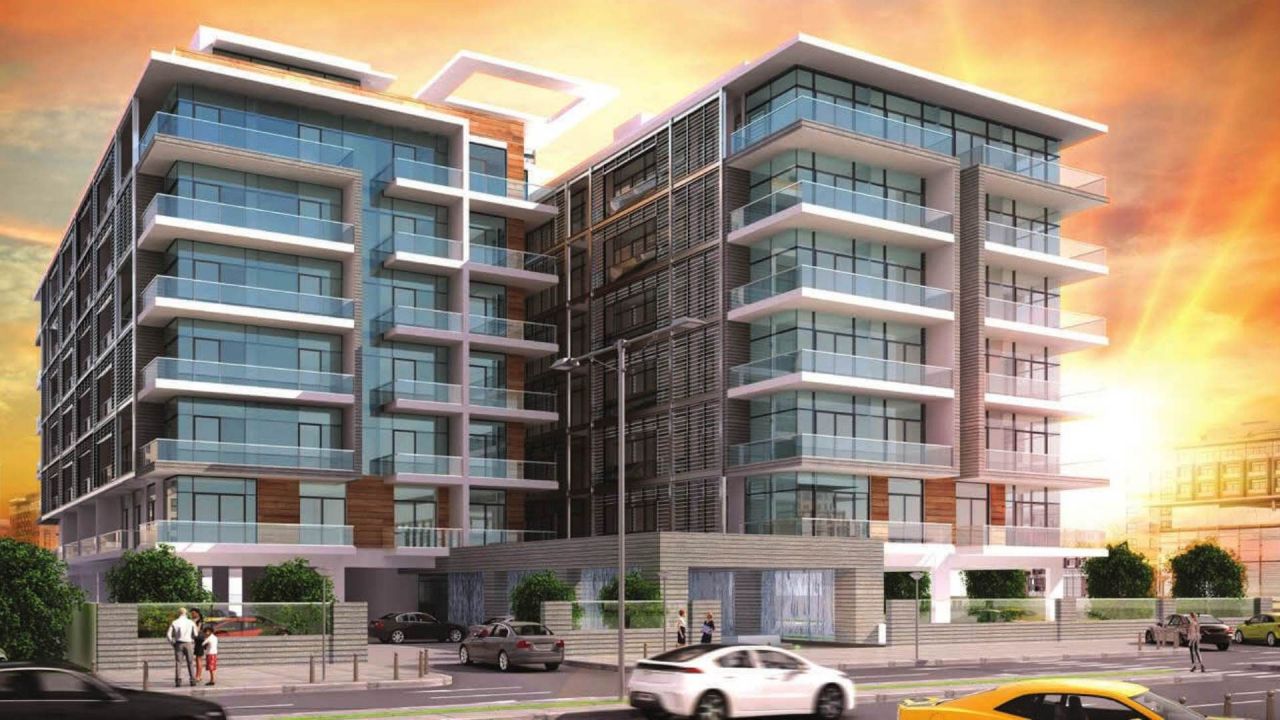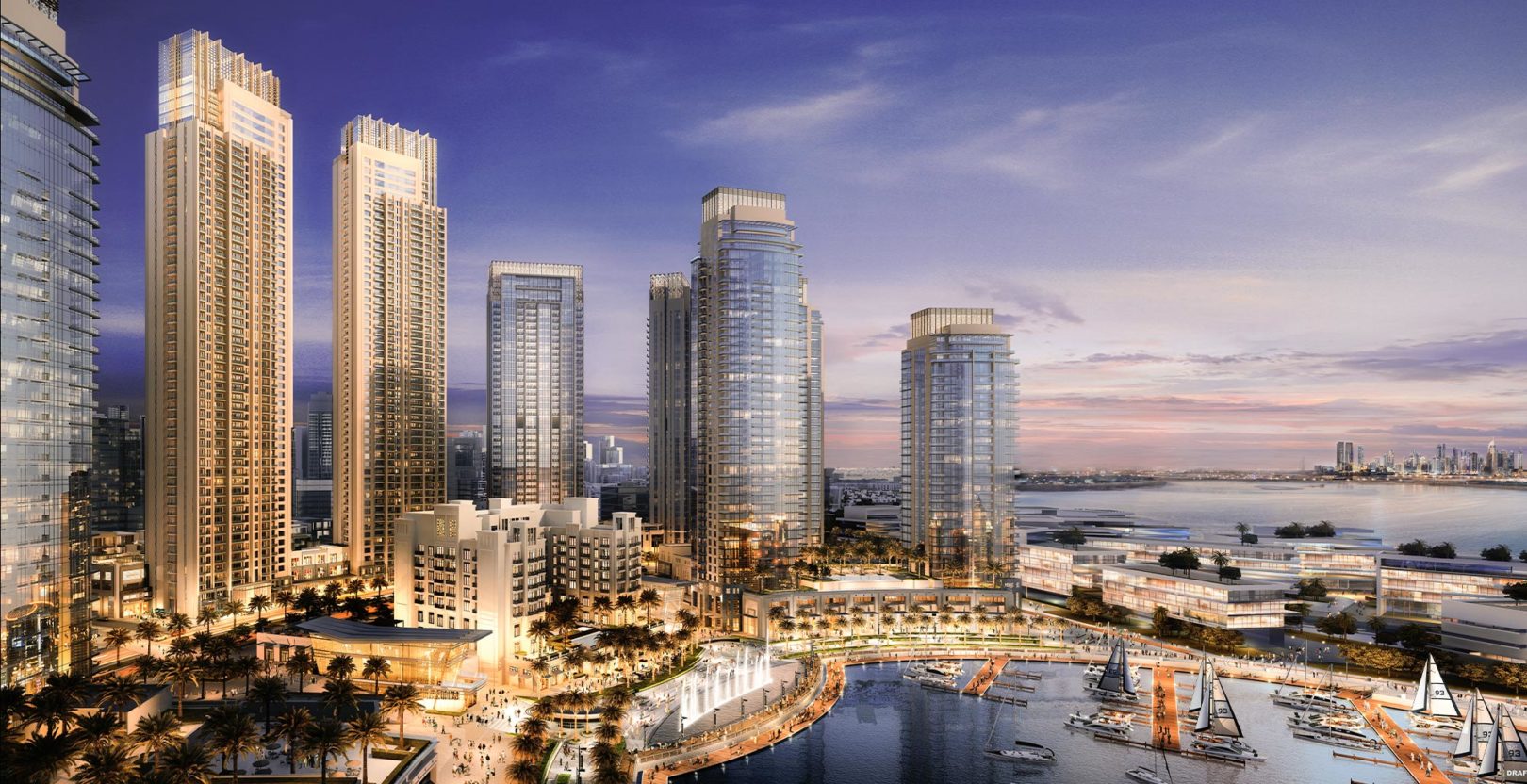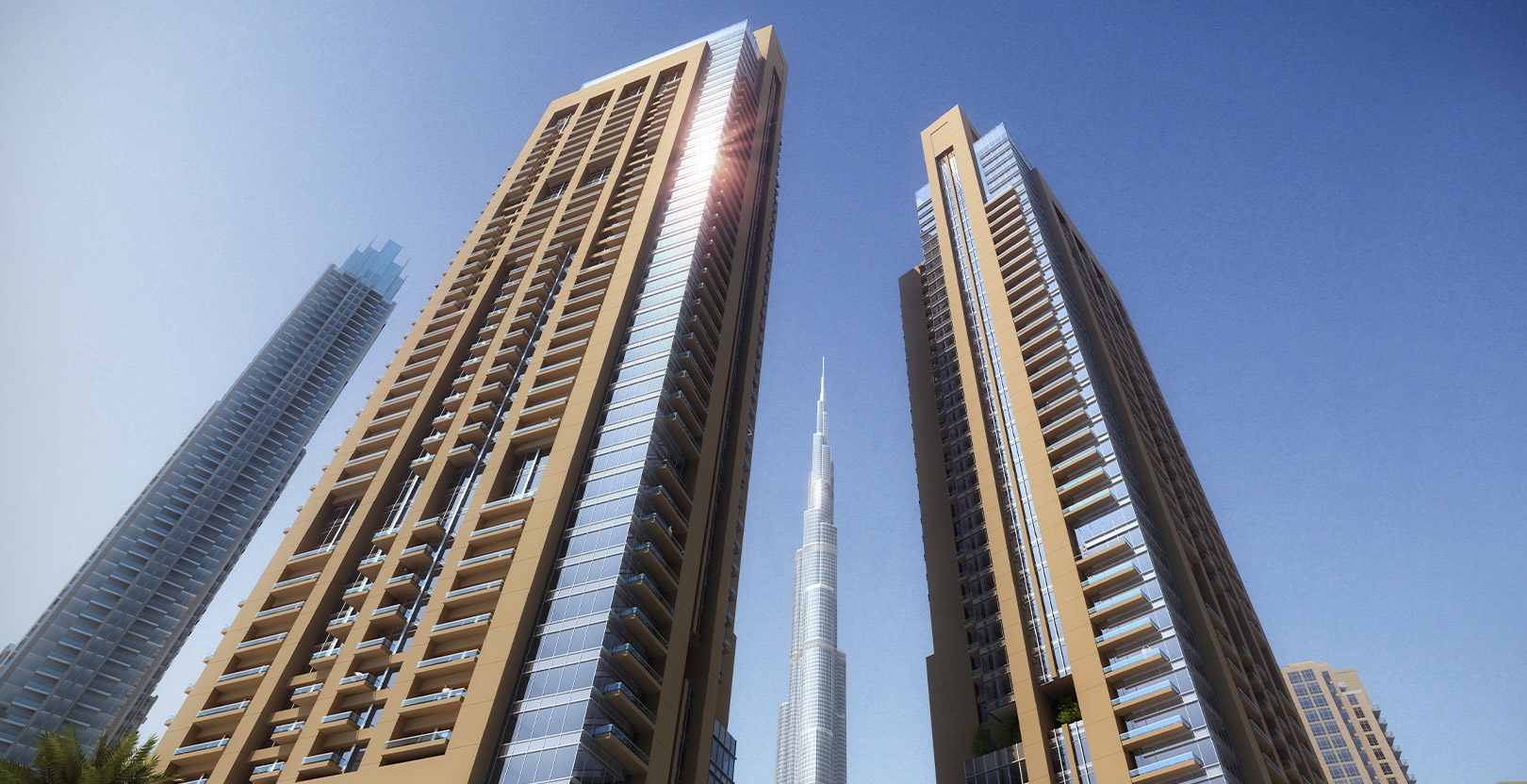Dubai is one of the most sought-after real estate markets in the world, attracting investors and homeowners from around the globe. The city offers a range of properties, including off-plan developments and ready properties. For those looking to move in immediately or make a swift investment, ready properties in Dubai present an excellent opportunity. However, before purchasing a property, it is crucial to understand the legal requirements and procedures involved.

Understanding Ready Properties in Dubai
A ready property refers to a completed real estate unit that is available for immediate possession and use. Unlike off-plan properties, which require buyers to wait for construction completion, ready properties in Dubai allow investors to move in or rent out their units right after purchase. This option is ideal for those who seek stability, quick returns, and a transparent transaction process.
Legal Requirements for Buying Ready Properties in Dubai
Eligibility Criteria
Before purchasing ready properties in Dubai, it is essential to check the eligibility criteria. Dubai welcomes both residents and non-residents to invest in its real estate market. However, foreign investors can only buy property in designated freehold areas such as Dubai Marina, Downtown Dubai, and Palm Jumeirah. UAE nationals and GCC citizens, on the other hand, have broader access to property ownership across the emirate.
Choosing the Right Property and Agent
Selecting the right property is a crucial step. Buyers should work with reputable property agents in Dubai to ensure a smooth transaction. A registered real estate agent can provide insights on market trends, property valuation, and legal compliance, making the buying process more secure and efficient.
Verifying Property Ownership and Legal Status
Before proceeding with a purchase, it is important to verify the property’s legal status. The Dubai Land Department (DLD) maintains records of all registered properties, and buyers can request a title deed verification to confirm ownership and ensure the property is free from disputes or encumbrances.
Signing the Memorandum of Understanding (MOU)
Once the buyer and seller agree on the terms, they must sign a Memorandum of Understanding (MOU). This document outlines the sale agreement, including the property details, payment structure, and conditions of the transaction. Typically, a 10% deposit is required at this stage to secure the deal.

Obtaining a No Objection Certificate (NOC)
For the property transfer to take place, the seller must obtain a No Objection Certificate (NOC) from the property developer. This certificate confirms that all service charges and financial obligations have been cleared, allowing the sale to proceed smoothly.
Transferring Ownership at the Dubai Land Department (DLD)
The final step in acquiring ready properties in Dubai is the ownership transfer at the Dubai Land Department. Both the buyer and seller must be present at the DLD office or a trustee service center to complete the transaction. The buyer is required to pay the property price, along with a 4% transfer fee to the DLD. Once the payment is processed, a new title deed is issued in the buyer’s name.
Additional Costs and Fees
Besides the property price, buyers should be aware of additional costs such as:
- Registration Fees: A fee of AED 2,000 to AED 4,000, depending on the property price.
- Real Estate Agent Commission: Typically 2% of the purchase price.
- Mortgage Fees: If financing the purchase through a bank, mortgage registration fees apply.
- Service Charges: Annual fees for property maintenance and communal facilities.
- Legal Fees: Engaging a legal consultant for due diligence and paperwork review may cost between AED 5,000 to AED 10,000.

Financing Options for Buying Ready Properties
Buyers can purchase ready properties in Dubai through direct payment or mortgage financing. Non-residents can obtain mortgages from UAE banks, although the maximum loan-to-value (LTV) ratio is usually 50-75% of the property price. Mortgage applicants must meet eligibility criteria, including income verification and creditworthiness.
Documents Required for a Mortgage Application
For buyers opting for mortgage financing, banks require specific documentation, including:
- A valid passport and visa copy.
- Proof of income (salary certificate for employees or audited financial statements for self-employed individuals).
- Bank statements for the last six months.
- A copy of the signed MOU.
Legal Considerations for Foreign Investors
Dubai's real estate market is highly regulated to protect investors. Foreign buyers should consider the following legal aspects:
- Freehold vs. Leasehold: Freehold properties grant full ownership rights, while leasehold properties allow ownership for a specific period (typically 99 years).
- Property Visa Eligibility: Investors purchasing properties worth AED 750,000 or more can apply for a renewable residency visa.
- Tax Implications: Dubai does not impose property taxes, but investors earning rental income should be aware of applicable taxation in their home countries.
- Inheritance Laws: Non-Muslim investors should consider drafting a will under Dubai’s DIFC Wills and Probate Registry to ensure the desired distribution of their property.
Common Challenges and How to Overcome Them
Delays in Property Transfers
Occasionally, buyers may face delays in property transfers due to pending service charges or administrative backlogs. To avoid such issues, conducting thorough due diligence and ensuring all fees are paid beforehand is advisable.
Hidden Costs
Buyers should account for potential hidden costs, including maintenance fees, utility deposits, and home insurance, which can affect the overall investment budget.
Choosing the Right Developer and Community
Investors should research the developer’s reputation and visit the community before purchasing to ensure it aligns with their expectations and lifestyle needs.
Conclusion
Buying ready properties in Dubai is a straightforward process, provided that buyers adhere to the legal requirements. Working with trusted property agents in Dubai, verifying ownership documents, and understanding financial commitments are essential steps to ensure a seamless transaction. With proper due diligence and expert guidance, investing in Dubai’s real estate market can be a rewarding experience. By staying informed about legal procedures, financing options, and potential challenges, buyers can make well-informed decisions and enjoy a hassle-free property acquisition in one of the world's most dynamic real estate markets.






Comments